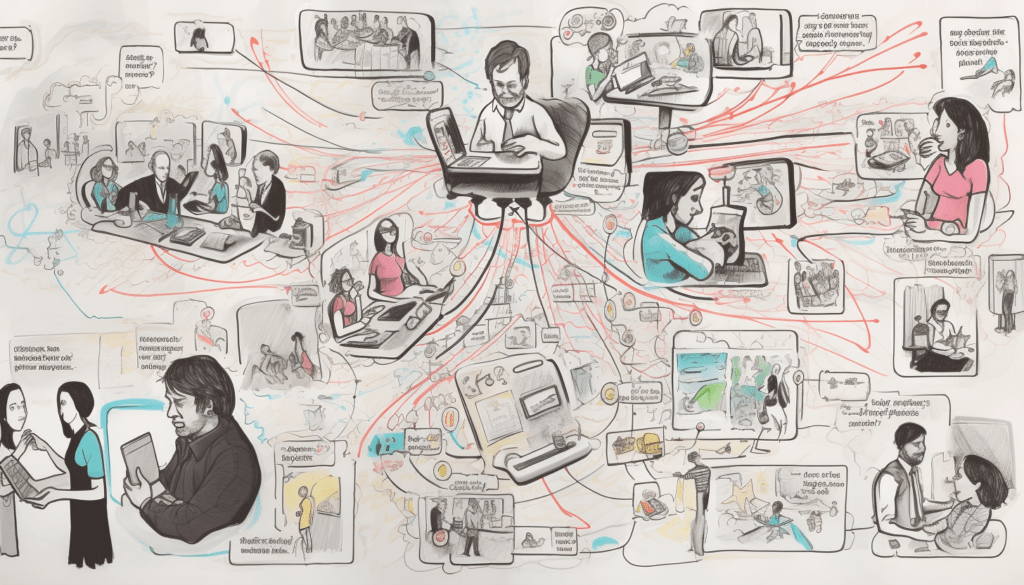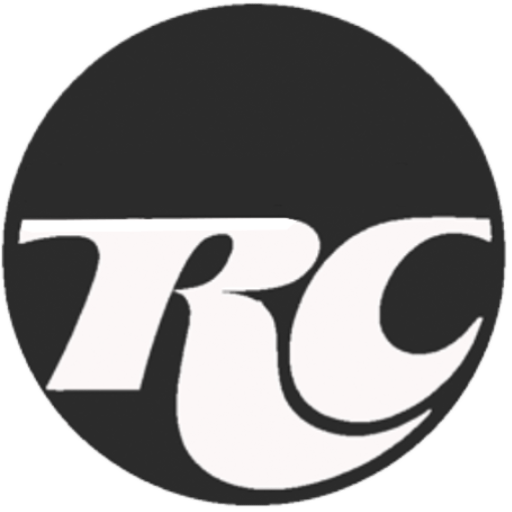The world of lead generation has undergone massive changes in recent years, and 2023 is no exception. With advancements in technology and changes in consumer behavior, businesses must adapt to stay ahead of the curve. In this article, we’ll discuss how lead gen is evolving in 2023, providing you with insights and strategies to help your business thrive in the new digital landscape.
Shifting from Quantity to Quality

The Growing Importance of Personalization
One of the most significant changes in lead generation in 2023 is the shift from a focus on quantity to an emphasis on quality. As competition for consumers’ attention increases, it is no longer enough to generate a high volume of leads. Instead, businesses must prioritize personalization to attract and engage their target audience.
This means understanding your customers on a deeper level, segmenting your audience, and tailoring your marketing messages accordingly. By doing so, you can create more relevant content, offers, and experiences that resonate with your audience and drive higher conversion rates.
Data-Driven Decision Making
Leveraging data is crucial to understanding your audience and crafting personalized marketing strategies. The use of artificial intelligence (AI) and machine learning in lead generation is becoming increasingly prevalent, as these technologies can analyze large volumes of data to uncover patterns and trends.
In 2023, businesses that want to succeed in lead generation should invest in data-driven tools and platforms to gather, analyze, and act upon valuable customer insights. This will allow them to optimize their marketing campaigns, identify new opportunities, and make more informed decisions.
The Rise of Conversational Marketing

The Power of Chatbots and Messaging Apps
Conversational marketing is another trend that’s reshaping lead generation in 2023. By engaging prospects and customers in real-time, two-way conversations through chatbots and messaging apps, businesses can build more meaningful relationships and improve the overall customer experience.
Chatbots, in particular, have become an essential tool for lead generation, as they can quickly and efficiently answer questions, recommend products or services, and even guide prospects through the sales funnel. Additionally, integrating chatbots with messaging apps like Facebook Messenger and WhatsApp allows businesses to reach a broader audience and generate leads more effectively.
Voice Assistants and Voice Search
The adoption of voice assistants, such as Amazon Alexa and Google Assistant, is another factor contributing to the rise of conversational marketing. As more people use voice search to find information, businesses must optimize their online presence for voice queries to stay competitive in lead generation.
To capitalize on this trend, consider optimizing your website content for voice search by using long-tail keywords, natural language, and schema markup. Furthermore, explore opportunities to create voice-activated applications or skills for popular voice assistant platforms.
Embracing Omni Channel Lead Generation

The Need for a Consistent Customer Experience
In 2023, it’s more important than ever for businesses to embrace an omnichannel approach to lead generation. This means creating a seamless and consistent customer experience across all touchpoints, including websites, social media, email, and offline channels.
By delivering a cohesive experience, businesses can increase brand recognition, build trust with their audience, and ultimately generate more high-quality leads. To achieve this, organizations must invest in technology and tools that enable them to manage and track customer interactions across multiple channels effectively.
The Role of Automation and Integration
Automation and integration are crucial to implementing a successful omnichannel lead generation strategy. By automating repetitive tasks, such as email marketing and social media posting, businesses can save time and resources while ensuring
a consistent brand presence across all channels. Additionally, integrating various marketing platforms and tools helps organizations streamline their processes and improve data analysis, leading to better decision-making and more effective lead generation campaigns.
The Growing Significance of Social Media in Lead Generation

Leveraging Social Media Advertising
Social media platforms have become indispensable in lead generation, and their importance continues to grow in 2023. With the ability to target specific audience segments based on demographics, interests, and behavior, social media advertising is an incredibly effective way to generate high-quality leads.
To capitalize on this trend, businesses should explore advertising opportunities on platforms such as Facebook, Instagram, LinkedIn, and Twitter. Experimenting with different ad formats, targeting options, and bidding strategies can help organizations find the most cost-effective approach to reach their target audience and generate leads.
The Power of Influencer Marketing and User-Generated Content
Influencer marketing and user-generated content (UGC) are two additional ways to leverage social media for lead generation. Collaborating with influencers who share your target audience can help you tap into their established following, build brand awareness, and drive qualified leads.
Meanwhile, encouraging your audience to create and share content related to your brand can boost engagement and generate social proof, making your business more appealing to potential leads. By investing in these strategies, businesses can strengthen their social media presence and drive high-quality leads in 2023.
ChatGPT’s Gamechanger Impact on Lead Generation in 2023

Enhanced Conversational AI Capabilities
As ChatGPT continues to evolve and improve, its impact on lead generation in 2023 will be substantial. With more advanced conversational AI capabilities, ChatGPT-powered chatbots and virtual assistants will be able to provide more accurate, context-aware, and personalized interactions with prospects and customers. This enhanced user experience will lead to higher engagement rates, increased trust, and ultimately more qualified leads.
Improved Content Creation and Optimization
Another way ChatGPT will affect lead generation in 2023 is by streamlining the content creation process. With the ability to generate high-quality, relevant, and engaging content quickly, businesses can save time and resources while maintaining a consistent brand presence across multiple channels. This includes not only written content like blog posts, social media updates, and email campaigns but also optimizing content for voice search and other emerging technologies.
Furthermore, by leveraging ChatGPT’s natural language processing capabilities, businesses can better understand user intent and analyze data to optimize their content strategies. This will lead to improved targeting, better SEO performance, and ultimately more high-quality leads.
Scalable Personalization and Segmentation
One of the most significant advantages of ChatGPT in lead generation is its ability to facilitate scalable personalization and segmentation. By analyzing vast amounts of data, ChatGPT can help businesses understand their audience on a deeper level and tailor marketing messages accordingly. As a result, organizations can create more relevant content, offers, and experiences that resonate with their target audience, driving higher conversion rates.
Moreover, ChatGPT can help automate the process of segmenting leads based on various factors, such as demographics, interests, and behavior. This enables businesses to target their marketing efforts more effectively and ultimately generate more high-quality leads.
ChatGPT’s Role in the Future of Lead Generation
In 2023, ChatGPT will play a critical role in shaping the future of lead generation. By enhancing conversational AI capabilities, streamlining content creation and optimization, and enabling scalable personalization and segmentation, ChatGPT will help businesses generate more high-quality leads and stay ahead of the competition. Embracing this technology and integrating it into your lead generation strategy will be essential for success in the ever-evolving digital landscape.
The world of lead generation is undergoing significant changes in 2023, with a focus on personalization, conversational marketing, omnichannel strategies, and social media playing increasingly important roles. By adapting to these trends and implementing data-driven, customer-centric approaches, businesses can generate higher quality leads and thrive in the new digital landscape. Embrace these changes, invest in the right tools and technologies, and stay ahead of the curve in your lead generation efforts.


Pingback: Growth Marketing Strategies for Startups That Actually Work - Systematic Startup by Ricky Coburn